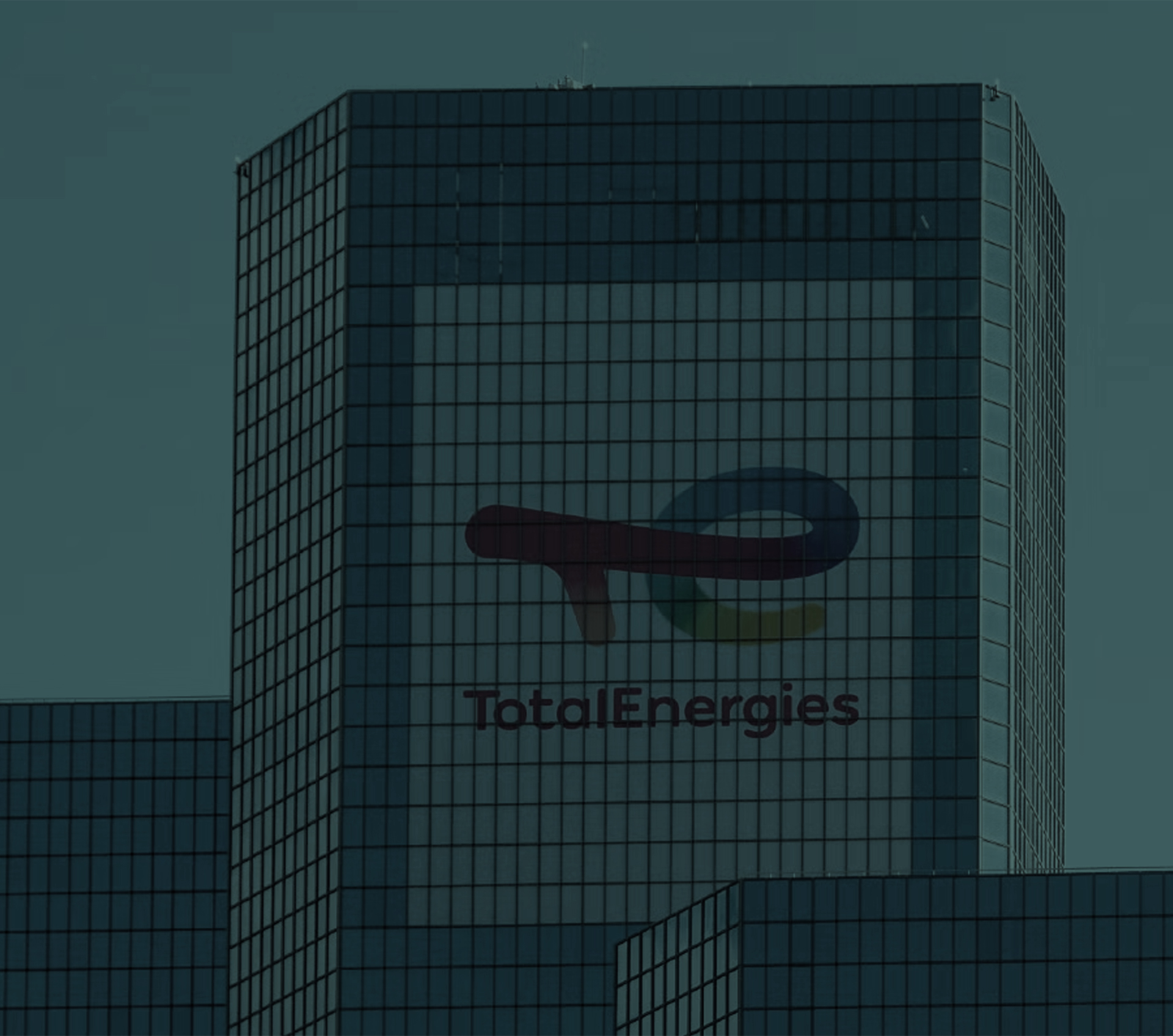Employees play a pivotal role in helping organizations achieve their goals and objectives. The actions of your employees are directly responsible for the results you obtain, the profits you make, and the reputation you earn in the industry. Employees are, therefore, some of the most valuable assets possessed by your organization.
This makes it essential for companies to tend to their employees in the best way possible. If you are successful in catering to the individual needs of employees, it leads to increased employee engagement and productivity within your organization.
In order to motivate your employees to give their best and feel inclusive, it is essential to practice employee recognition within your organization.
As the name suggests, employee recognition is a set of processes that involve acknowledging the activities and contributions of your employees. It revolves around recognizing and appreciating the effort put in by your employees in carrying out day-to-day activities and working towards achieving the common organizational goals.
Employee recognition is not limited to appreciating and rewarding high-performing employees. It is a more wholesome activity of acknowledging everyday activities, teamwork, ideal behaviours, ethics, or how they undertake their processes. Everyone likes their effort being appreciated, and employee recognition helps you reinforce your employees' positive behaviours.
A simple gesture of appreciation has the power to boost an employee's morale and genuinely drive them to give their 100% in the work they do. Here are the three major purposes served by employee recognition:
- Amplifying Employee Achievements
When an employee successfully meets their targets and achieves the desired goals, employee recognition allows you to showcase the same and appreciate it openly. This makes your employees feel valued and motivates them to keep up the excellent work. - Highlighting Employee Effort
When the efforts of your employees go unnoticed, it affects their morale and the overall engagement within your organization. Employee recognition allows the management to recognize and appreciate the efforts put in by the employees, letting them know that they are valued. - Reinforcing Behaviors That Are In Sync With Company Values
When you acknowledge the efforts and behaviours of employees that are in tune with the core company values, they tend to repeat the same over time, fostering positive work ethics and company values. Ultimately, this allows you to improve the overall work environment of your organization.
Difference Between Employee Recognition And Rewards
Organizations often get confused between recognition and rewards and end up using the two terms interchangeably. However, it is crucial to understand the difference between the two to exercise both practices the right way.
Employee recognition stands for acknowledging the efforts of your employees and their contributions to your organization. Essentially, it is an intangible form of recognition that cannot be quantified in a definite manner. A simple high-five or "well-done" can be considered as a means of employee recognition.
Employee recognition aims to build and maintain an emotional connection between the employees and the management. It motivates the employees to strive harder towards helping the company meet its targets.
On the other hand, a reward is a tangible form of acknowledgement. Rewards can be quantified and often have a monetary value attached to the same. As opposed to employee recognition, employee rewards are transactional.
Employee rewards often include gifts, discounts, vouchers, or redeemable points. Rewards are provided by the management to appreciate their efforts and expect quality performance from them.
Benefits Of Employee Recognition
Here are some of the significant benefits of charting out an effective employee recognition program:
- Higher Rate Of Retention
In 2021, skilled and dedicated professionals will be in high demand across all major industries. This implies that your employees have other options for securing a suitable job apart from your organization. If you tend to ignore the effort, put in by your employees, they are likely to switch companies and shift to an organization that caters to their needs better. An effective employee recognition program helps your employees feel valued, allowing you to retain the talent within your organization. - Better Employee Engagement
Employee engagement refers to the genuine drive and willingness within an employee to work for an organization. When you acknowledge and appreciate the efforts of your employees, it improves employee engagement within your organization. An adequate appreciation of efforts results in a boost in employee morale and overall productivity. - Improved Manager-employee Relationships
When managers recognize the contributions of the employees, it improves the relationships between them. It is always crucial for managers to build healthy relationships with the employees to get the work done effectively. It is commonly said that when employees quit, they do not leave the company. They leave their managers. Effective employee recognition allows you to build a good rapport between managers and employees within your organization. - Strong Employer Brand Value
Just like organizations and their offerings, employers also have a brand of their own. When an employer appreciates the efforts of their employees regularly, it improves the value of their brand, making them more favourable across the organization. When more and more employers start practising employee recognition, it attracts skilled talent and candidates to apply for jobs in the concerned organization. - Promoting Business Growth
The growth and prosperity of a business are dependent on the productivity of its employees. When their contributions are valued, and efforts acknowledged, your employees will likely work harder to take your business to new heights. This results in your organization attaining all the desired goals and expanding its horizons to achieve more.
Read More: Benefits of building a work culture that prioritizes employee mental health.
Important Traits To Focus On For Employee Recognition
To practice effective employee recognition, it is always crucial for the management to ascertain specific traits to recognize and appreciate. Here are some of the major employee traits that you should focus on for employee recognition:
- Creativity
Irrespective of the scale at which you operate and the industry you belong to, creativity is always at the heart of almost every business process. We live in an age of immense competition where the only way to get the desired traction is by standing out from the clutter.
Creativity is an important asset that needs to be possessed by all your employees. Suppose your employees are thinking out of the box and coming up with innovative ideas. In that case, it is always advisable to appreciate their efforts and motivate them to stay creative in their approach. - Behaviours In Sync With Company Values
Every company has its own set of ethics and values. When your employees' behaviours sync with your company's core values, it is essential to reinforce them via effective recognition. Always let your employees know that they are on the right track and encourage them to stay to make them feel included in their work family. - Intrinsic Motivation
Every organization has employees who do not need external motivation to perform their tasks well. They are naturally motivated and have a genuine drive to be the best in what they do. When you encounter such employees, it is always advisable to recognize this trait to keep their intrinsic motivation alive. - Teamwork
Team playing is one of the most crucial employee traits that help organizations systematically attain their goals. Recognizing the spirit of a team player within an employee would improve their relationship with their peers and help them take their team forward with them. - Willingness And Curiosity To Learn
Employees with a genuine willingness to learn are the first ones to ask questions without any hesitation. These employees often have a knack for curiosity and knowing more about their domain to get better at it. Recognizing this trait within an employee would prevent the quest for knowledge within them from dying. - Adaptability
Very few employees have the trait of adapting to a range of situations without letting their productivity gets affected. They can adjust according to circumstances and come out victorious in the end. Always recognize this trait within an employee to help them cope with dynamic work environments. - Performance
Finally, the most common trait to recognize within an employee is the one that is based on their performance. Depending on their role and designation, it is important to recognize the effort put in by an employee for achieving success in their respective field. It could be as simple as appreciating a sales representative for converting all the target leads before time. Recognizing an employee's performance makes them walk the extra mile and push themselves more challenging to achieve more in their area of expertise.
The Final Word
These were some of the most important aspects to keep in mind about employee recognition. Always remember that the contribution of every employee working within your organization is highly valuable and deserves to be recognized to build a conducive work environment.





.webp)




.jpg)

.png)








.png)